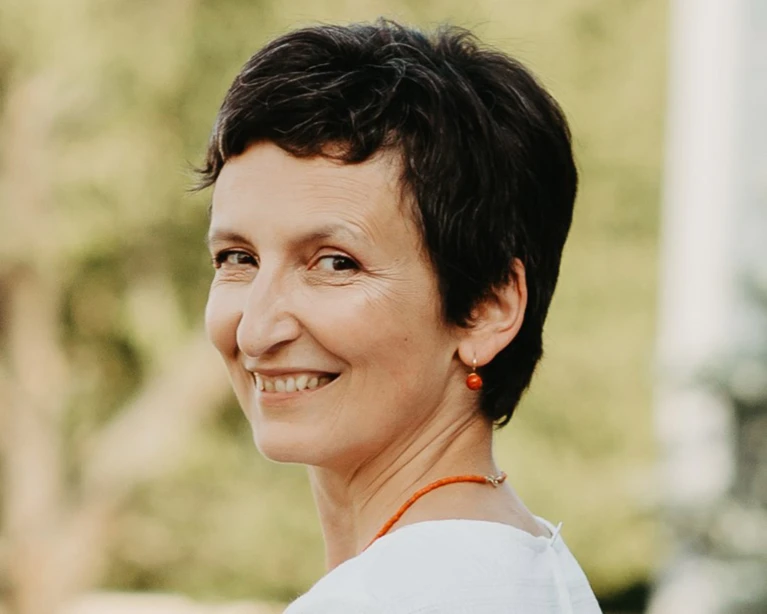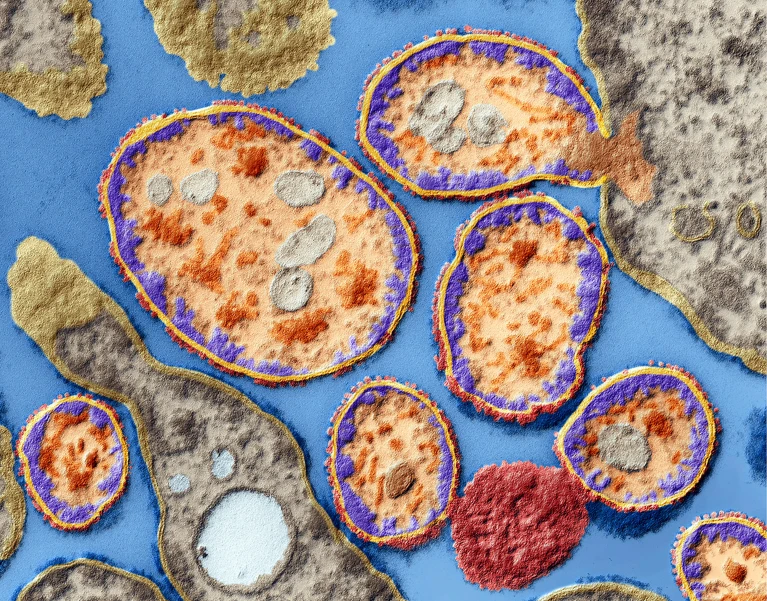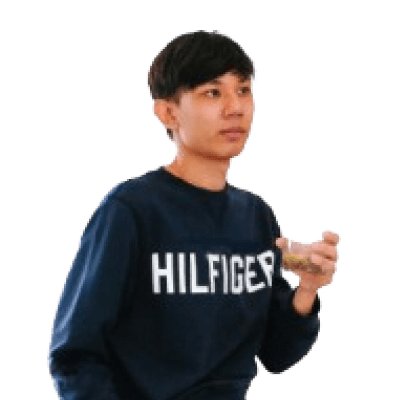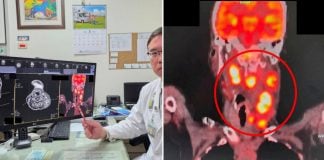Scientist from Croatia treats own breast cancer with viruses she grew in lab
A scientist from Croatia reportedly treated her breast cancer by injecting lab-grown viruses directly into her tumour.
49-year-old Beata Halassy, a virologist at the University of Zagreb in Croatia, was diagnosed with breast cancer in 2020.
When her cancer recurred in the same area where her left breast had previously been removed, she decided to forego another round of chemotherapy.
Instead, she underwent a self-administered experimental treatment known as oncolytic virotherapy (OVT), which uses viruses to target cancer cells.

Source: Nature
Since her treatment, she has been cancer-free for four years, according to a report from scientific magazine, Nature.
Targets cancer with 2 viruses — measles & vesicular stomatitis virus
According to a scientific report, Ms Halassy used two specific viruses, measles and vesicular stomatitis virus (VSV), which are known to infect certain cell types found in her tumour.
These viruses have been tested in clinical trials and demonstrated potential in selectively targeting cancer cells while sparing healthy cells.
An emerging cancer treatment, OVT has been used in experimental trials for late-stage cancers and has even been approved for the treatment of late-stage melanoma.
However, no OVT treatments have been approved for breast cancer yet.
Although Ms Halassy is not an OVT specialist, she was confident in experimenting with this treatment due to her expertise in virus cultivation.

Source: Nature
During her treatment, Ms Halassy’s tumour shrank significantly. This made the tumour easier to remove.
Post-surgery analysis showed that her immune system had attacked the cancer cells, leading to the tumour shrinkage.
Unlikely others would imitate her approach to self-treatment
Despite her successful treatment, Ms Halassy faced challenges publishing her findings due to ethical concerns surrounding self-experimentation.
Nonetheless, she was proud of her self-treatment and pursued to get her paper published ultimately.
She believed her self-experiment would not encourage other cancer-bearing patients to copy her because it required deep scientific knowledge and skill.
In September, she secured funding to research OVT as a cancer treatment for domestic animals.
“The focus of my laboratory has completely turned because of the positive experience with my self-treatment,” she said.
Have news you must share? Get in touch with us via email at news@mustsharenews.com.
Featured image adapted from Nature.









